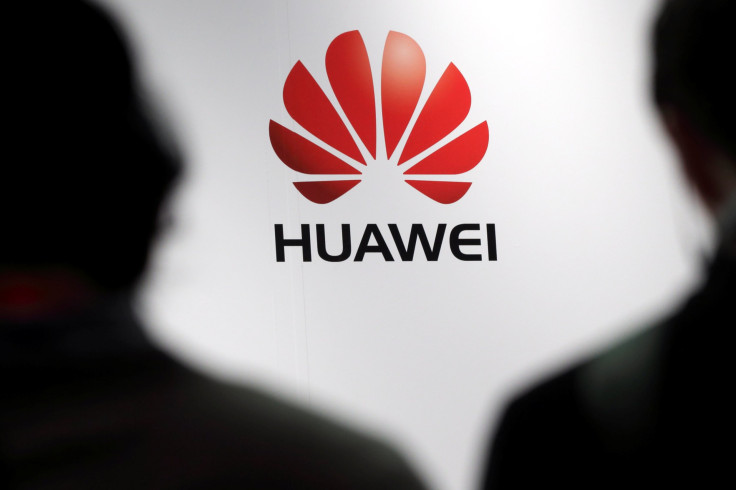How AI Can Be the Key To More Efficient Smartphone Processors

Huawei has unveiled an artificial intelligence based chipset — the Kirin 970 which would be featured in its upcoming Mate 10 and Mate 10 Pro smartphones. The company claims that its processor will outperform offerings from major smartphone companies such as Samsung and Apple.
“Compared with Samsung and Apple, we have advantages. Users are in for much faster (feature) performance, longer battery life and more compact design,” Richard Yu, CEO, Huawei Consumer Business said in an interview at IFA 2017 in Berlin on Sunday.
Huawei’s model will use AI-based features such as image recognition and will make phones more personalized and more importantly — efficient.
AI-based features such as real-time translation and AR and voice commands could help create a better smartphone experience.
The Kirin 970 is expected to be faster and more battery-efficient. According to the company, it might be able to preserve battery up to 50 percent, due to the fact that, it will come with a neural processing unit (NPU) which will make for better computing, graphics, image and digital signal processing.
“Huawei describes the new chip as the first Neural Processing Unit (NPU) for smartphones. It brings together classic computing, graphics, image and digital signal processing power that have typically required separate chips, taking up more space and slowing interaction between features within phones,” Yu stated.
The basic technology used in the chipset is the same as the Qualcomm Snapdragon 835 employed in the Samsung Galaxy S8 since it too is a 10-nanometer chipset, but Huawei is betting on NPU to differentiate from ones offered by Samsung and Apple.
Whether Huawei‘s chipset performs as per the company’s claims will only be known in October, when the Mate 10 series devices launch. But the company seems to have an idea in the works, which could actually mark the future of smartphone processors.
AI can definitely help in processing and since a smartphone is actually processing copious amounts of data, utilizing AI could actually achieve better efficiency and therefore better performance, even from existing processors. Not just that, AI could actually lead to better utilization of battery since it will be able to determine how much battery could be assigned to a task, or when a process should be cut off to preserve battery.
On the processing side, it could determine processing power that could be used for different tasks and also which cores of the processor need to be used for which tasks.
AI-based voice recognition could also help the device understand voice commands better.
Most devices already have an artificial intelligence based voice assistant nowadays, but employing an NPU inside the chipset is a whole other gambit. While AI-based voice assistant such as Google Assistant, basically learns to respond to a user’s queries and evolves via usage, but an NPU could actually make the smartphone’s daily functioning more efficient, and wouldn’t need to depend on user input to go into action mode.
© Copyright IBTimes 2025. All rights reserved.




















